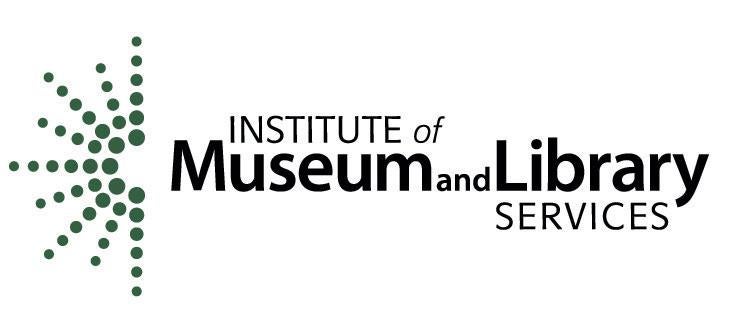The School of Information at the University of Texas at Austin was awarded a $623,501 Laura Bush 21 Century Librarian Program grant (IMLS grant number RE-252381-OLS-22) by the Institute of Museum and Library Services (IMLS) to educate and mentor the next generation of Library and Information Science faculty with expertise in artificial intelligence and data science. Led by Dr. Soo Young Rieh, Professor and Associate Dean for Education; Dr. Kenneth R. Fleischmann, Professor; and Dr. R. David Lankes, Virginia and Charles Bowden Professor of Librarianship; the project aims to recruit and train nine doctoral students over three years with the knowledge and experience to implement artificial intelligence (AI) and data science applications in library settings. Selected LADDER Fellows will engage in research projects while collaborating with iSchool faculty and librarians across three types of library contexts: public library, school library, and academic library. Fellows will also receive mentorship and gain valuable teaching experience educating future librarians how to best develop, apply, and use AI in libraries in ways that are equitable, ethical, and effective.
“LADDER Fellows will engage in research projects while collaborating with iSchool faculty and librarians across three types of library contexts: public library, school library, and academic library.”
“One of the complaints I often hear from librarians and library science students is that technically-oriented faculty don’t understand or have experience in librarianship,” Dr. Lankes said. “In this project, rather than ‘skilling up’ library-oriented doctoral students, we will embed data-oriented students in library settings so they learn the context, values, and core strengths of librarianship. Given that libraries are one of the few accessible institutions for the general public to engage with new information technologies (in schools, in their communities, or in academia) with trained information professionals present to guide their use of these technologies, it is critical to ensure that future librarians receive the best education in AI and data science possible.”
Dr. Fleischmann said, "The iSchool has played an important role in the creation of Good Systems, a UT Grand Challenge. The LADDER program leverages the Good Systems approach to building ethical AI that can benefit society by focusing on one of society's most trusted institutions, libraries."
The project’s faculty team developed an innovative Library Rotation Model, adapted from clinical rotations in medical schools, in order to build a strong bridge between academia and librarianship in practice. During each rotation, LADDER fellows will collaborate with iSchool faculty and a mentor librarian at one of the partner libraries to leverage AI and/or data science to further the mission of the library. The library rotation model will expose students to a wide range of library contexts (public, academic, and school librarianship) and foster collaborations with librarians with different training and service roles. Partner libraries include three libraries in Austin, Texas: the Austin Public Library system, Navarro Early College High School Library, and The University of Texas at Austin Libraries.
“The LADDER Program will transform doctoral education at the UT iSchool by emphasizing service learning and hands-on experience in conducting AI and data science research in library settings,” Dr. Rieh said. “The Library Rotation Model exposes doctoral students to a wide range of library contexts and foster collaborations with librarians. What’s exciting about this project is that this model will be sustainable, scannable, and transferrable to other LIS doctoral programs. The project will have a long-term impact for LIS doctoral education because this model combines the emphasis on advanced technologies and longstanding orientation toward libraries in LIS programs.”
Three iSchool doctoral students Yujin Choi, Tianhao Li, and Jaxsen Day already began to work on the project. Two additional cohorts of doctoral students will be recruited for Fall 2023 and Fall 2024 PhD admission cycles.

Read the full proposal at the Institute of Museum and Library Services website.